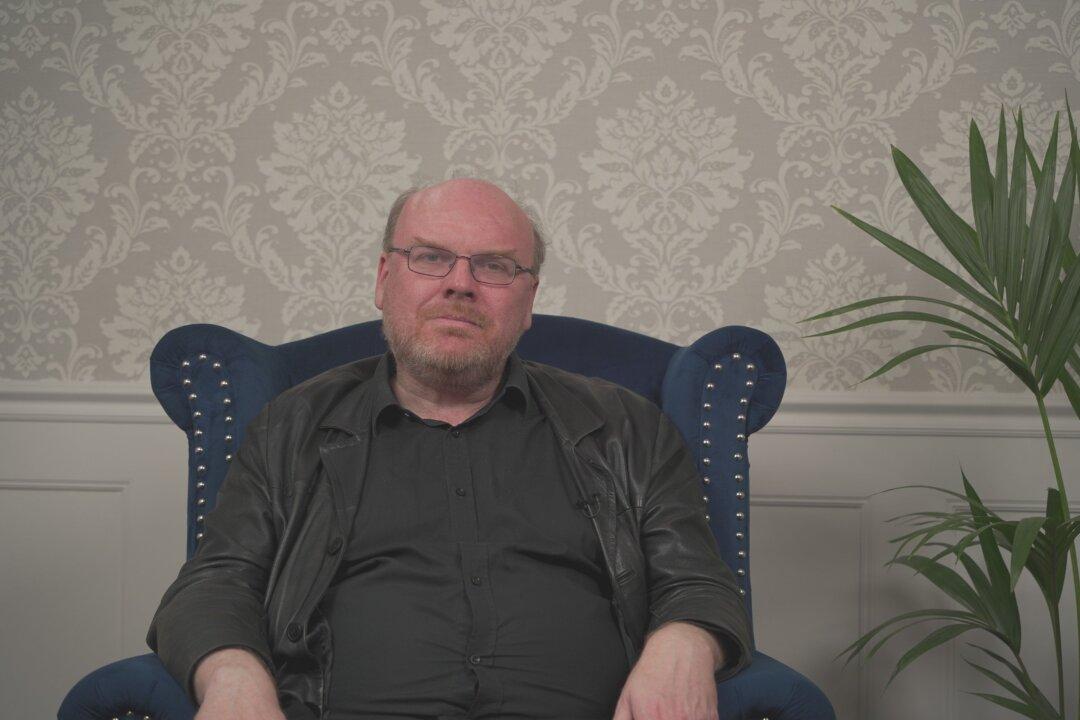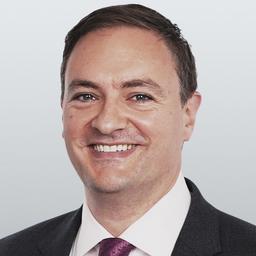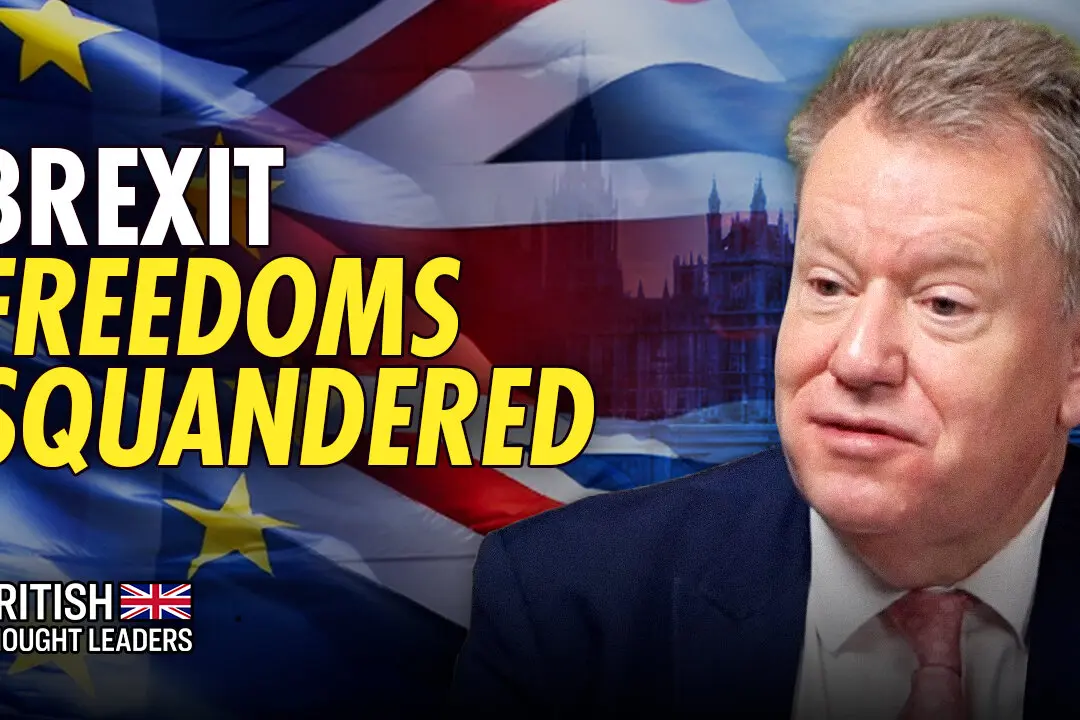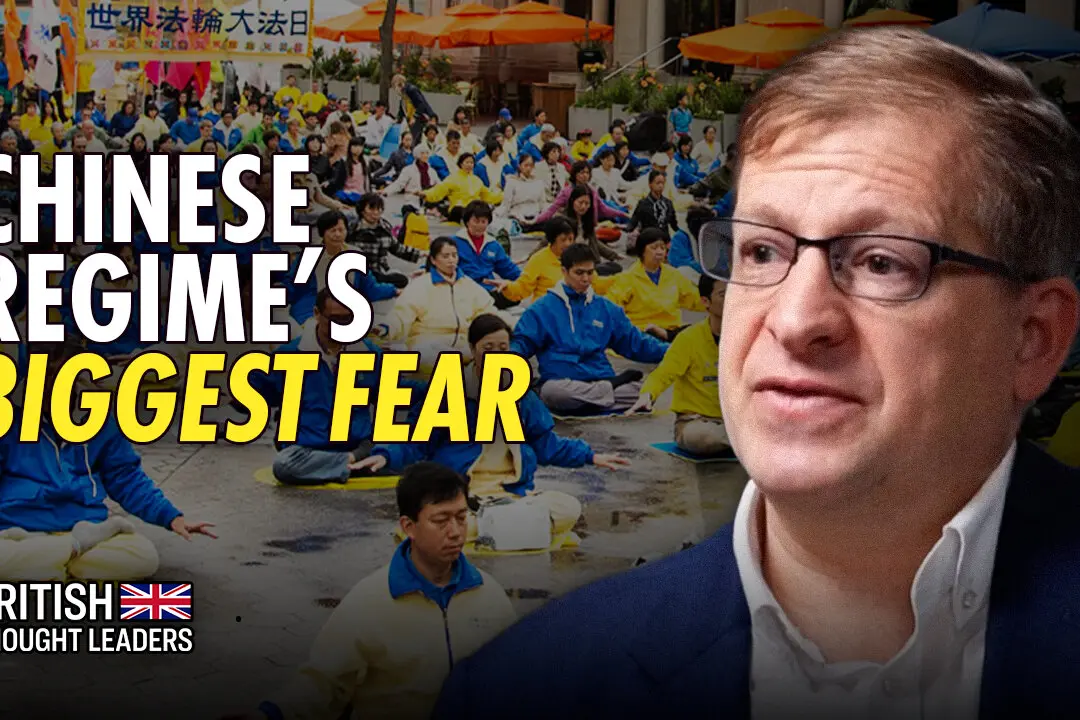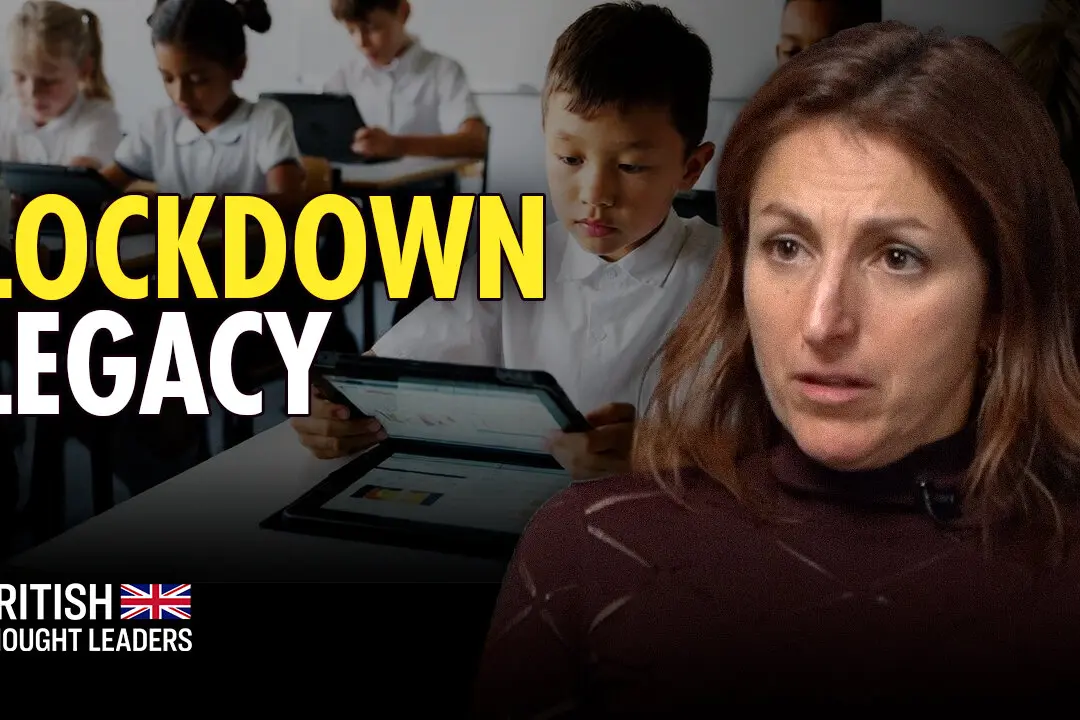Decolonisation amounts to a radical attack on most forms of Western knowledge whose adherents see classical music as an expression of a colonial perspective, according to a professor of music.
Speaking to NTD’s “British Thought Leaders” programme, Professor Ian Pace from City, University of London, a renowned music academic, explained why he is taking on the woke beliefs that are hampering freedom of speech at universities.
